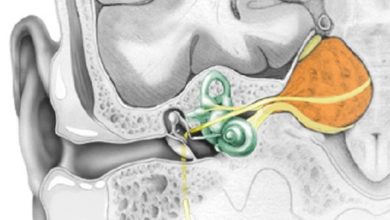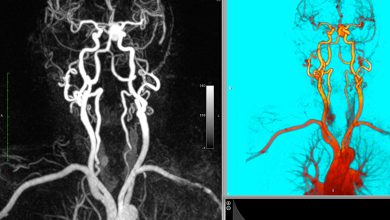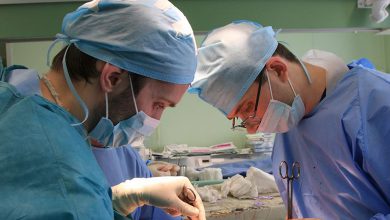Benign brain tumor (symptoms, treatment)
When treated in the early stages of the disease, patients in fifty percent of cases continued their life activities for five years or more. With continuous post-operative monitoring and compliance with all recommendations, life expectancy increases significantly.
Symptoms of the development of a benign brain tumor
The signs of a brain tumor in the first stages of development are very vague and sometimes do not raise any suspicion of the development of oncology. Only when it reaches a significant size does a negative effect occur on parts of the brain.
The occurrence of this pathology may be accompanied by the following symptoms:
— interruptions in the stable functioning of the visual organs, sense of smell and auditory activity;
- sudden problems with coordination and balance;
- problems with concentration, memory and speech;
- convulsive manifestations;
- gagging, nausea;
- periodic manifestations of migraine;
- numbness of various parts of the body.
Brain tumor treatment methods
The course of treatment for a benign tumor does not include the use of chemotherapy. The course of therapy is based on individual signs of pathology for each patient. Also, treatment is based on all diseases in the patient’s body.
The tumor is treated in the following ways:
1) Craniotomy
The use of this method involves opening the skull with further exclusion of the neoplasm. Then radiation therapy , which helps eliminate the remaining signs of pathology. Medicines (corticosteroids) are also used to relieve swelling of the cerebral cortex.
2) Proton therapy
This treatment method is the most effective and widely used. The main advantage of this method is the possibility of removing a benign tumor without damaging nearby materials, as well as the absence of post-operative complications. After using proton therapy, in some cases, complete elimination of the tumor is observed. After the operation, the patient is allowed to resume his normal lifestyle.
In the case of strong tumor growth, it is not possible to prevent the development of post-operative consequences in the form of impaired visual function, problems with speech activity and other complications.
Please rate the article:




